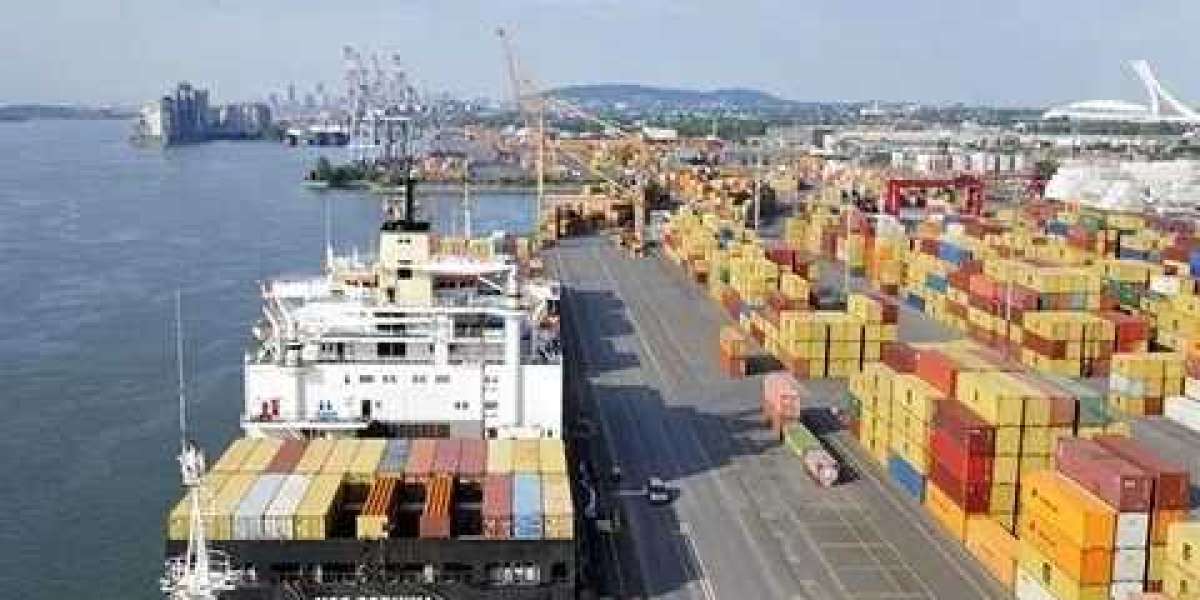If you’re planning a cross-border shipment or regular transit between Dammam and Bahrain, don’t leave anything to chance. Missteps at the checkpoint can mean more than delays—they can mean lost deals, damaged reputations, and spiraling costs.
Delays, confusion, and missed opportunities—many travelers underestimate what a simple border checkpoint can mean for their entire trip.The Real Problem Behind the Border CheckpointsFor anyone making the journey between Saudi Arabia and Bahrain, the border crossing—especially via the King Fahd Causeway—is a critical point. Yet, it’s often where most travelers and transport operators experience the biggest headaches. Between inspections, documentation reviews, customs delays, and traffic queues, a short stop can stretch into hours.And that’s not just frustrating—it’s costly.For truckers transporting perishables or manufacturers on tight schedules, even a 30-minute holdup can throw off entire logistics plans. Worse still, many of these issues stem not from random chance but from a lack of accurate preparation and knowledge.Why This Frustration Builds UpIt’s not just the waiting—it’s the uncertainty. Drivers don’t always know why they’re being held up, and confusion at checkpoints is often made worse by:Incomplete or incorrect paperworkMisunderstanding customs clearance proceduresLanguage barriers or miscommunication with officialsLack of awareness about restricted cargoThe situation is magnified during peak travel periods, such as holidays or weekends, when the King Fahd Causeway handles thousands of vehicles a day.On top of that, for exporters moving goods from hubs like King Abdulaziz Port, any delay in outbound traffic to Bahrain can ripple backward—affecting port schedules, warehouse space, and delivery expectations.A Case Study from Dammam: When a Simple Oversight Became a Costly MistakeIn early 2024, a logistics company based in Dammam was tasked with transporting a high-value shipment of consumer electronics from a warehouse near Al Khalidiyah to a retail chain in Manama. The route was familiar: trucks would leave via Dhahran and cross into Bahrain using the causeway.Everything seemed routine—until it wasn’t.Upon reaching the checkpoint, the driver was flagged for inspection. Turns out, while the export papers were in order, the consignment included a product that had recently been added to Bahrain’s restricted imports list. No one in the company had checked the most up-to-date regulations. The result? A 36-hour delay.The client in Bahrain incurred additional warehouse charges waiting for the goods. The Dammam logistics firm not only had to absorb a financial penalty, but also lost the contract for future shipments.What could’ve prevented this? A simple consultation with a customs advisor or checking the latest King Fahd Causeway information on permissible cargo lists.This story is more common than many admit—especially among smaller operators or new drivers unfamiliar with the dynamic nature of customs laws and procedures.The Right Way to Cross: Solutions That WorkThe good news? These issues are preventable. A reliable export or logistics strategy hinges on three key steps:1. Know the Route Beyond Just the RoadCrossing the border isn’t just about directions—it’s about understanding regulations, peak travel times, and checkpoint requirements. Keep a printed and digital checklist of current documentation needs and items subject to inspection.2. Monitor Cargo Regulations in Real TimeWhat’s allowed today may be restricted tomorrow. Don’t rely on last year’s clearance list. Use updated resources from customs authorities or consult with an experienced local handler who knows the current King Fahd Causeway information.3. Time Your Crossing SmartlyMany truckers fall into the trap of crossing during known congestion windows—like late evenings on Thursdays or the start of Saudi weekends. Plan to move early mornings mid-week whenever possible. This reduces downtime and makes inspections faster.Why Local Knowledge Still MattersCustoms and cargo rules shift quickly. That’s why staying connected with professionals who understand regional logistics trends—especially those familiar with ports like King Abdulaziz Port—can be a game-changer.Even digital systems have gaps. What works in theory might not align with how individual checkpoint officers interpret regulations on a given day. Local experience helps bridge this gap.Don’t Wait for a Problem to Happen—Get Expert Support TodayIf you’re planning a cross-border shipment or regular transit between Dammam and Bahrain, don’t leave anything to chance. Missteps at the checkpoint can mean more than delays—they can mean lost deals, damaged reputations, and spiraling costs.Our team works with exporters, fleet operators, and manufacturers across the Eastern Province to make sure their border processes are smooth, fast, and compliant—every time.

